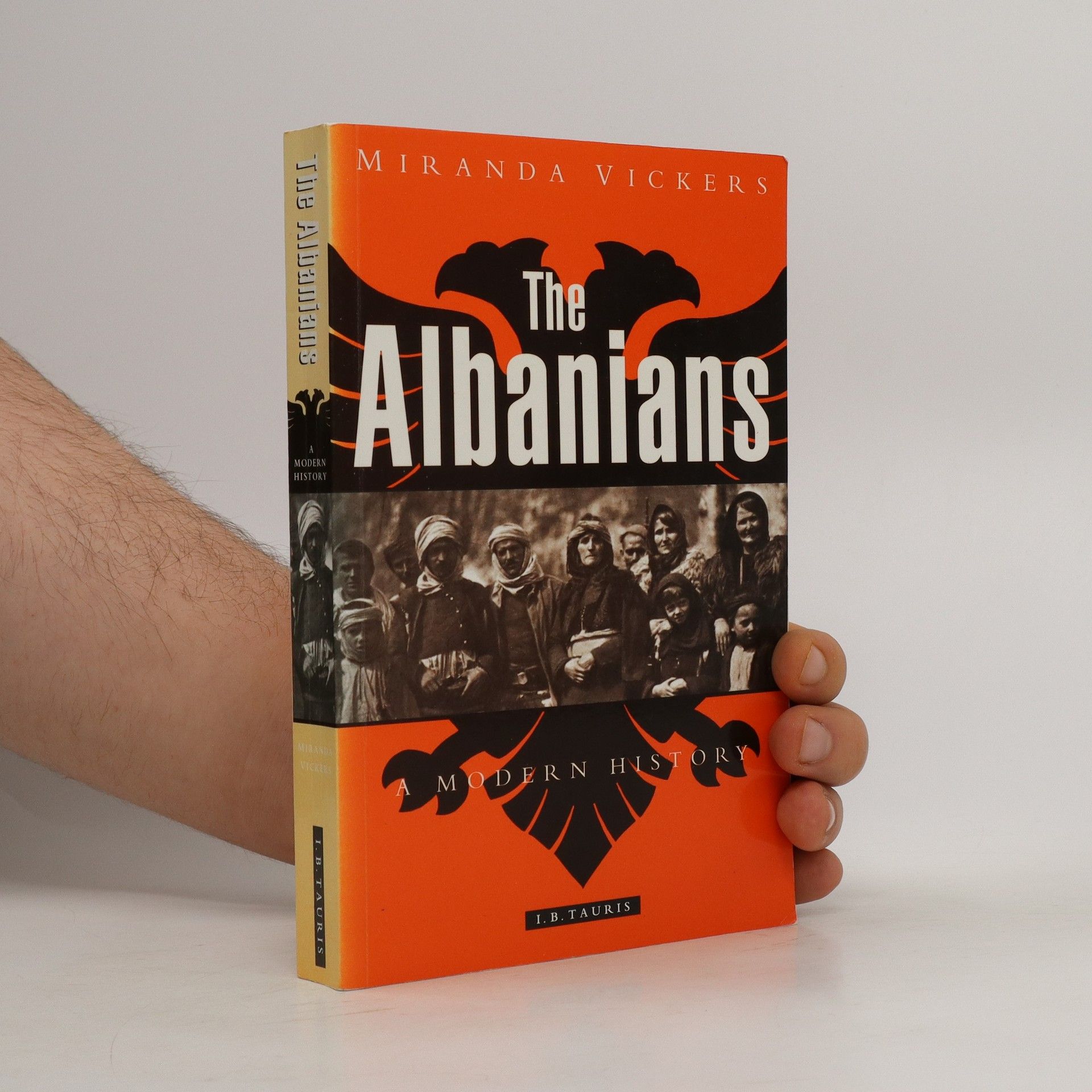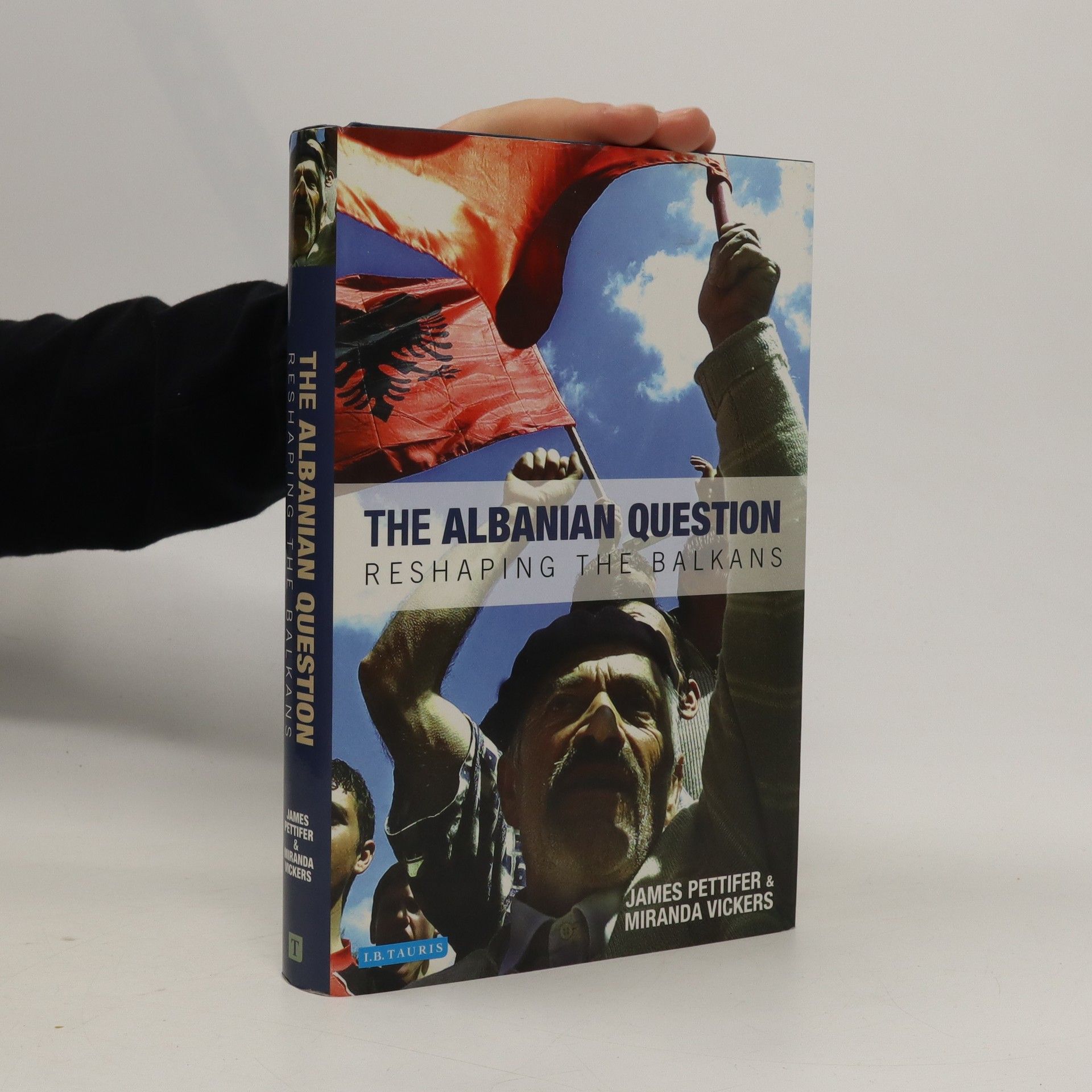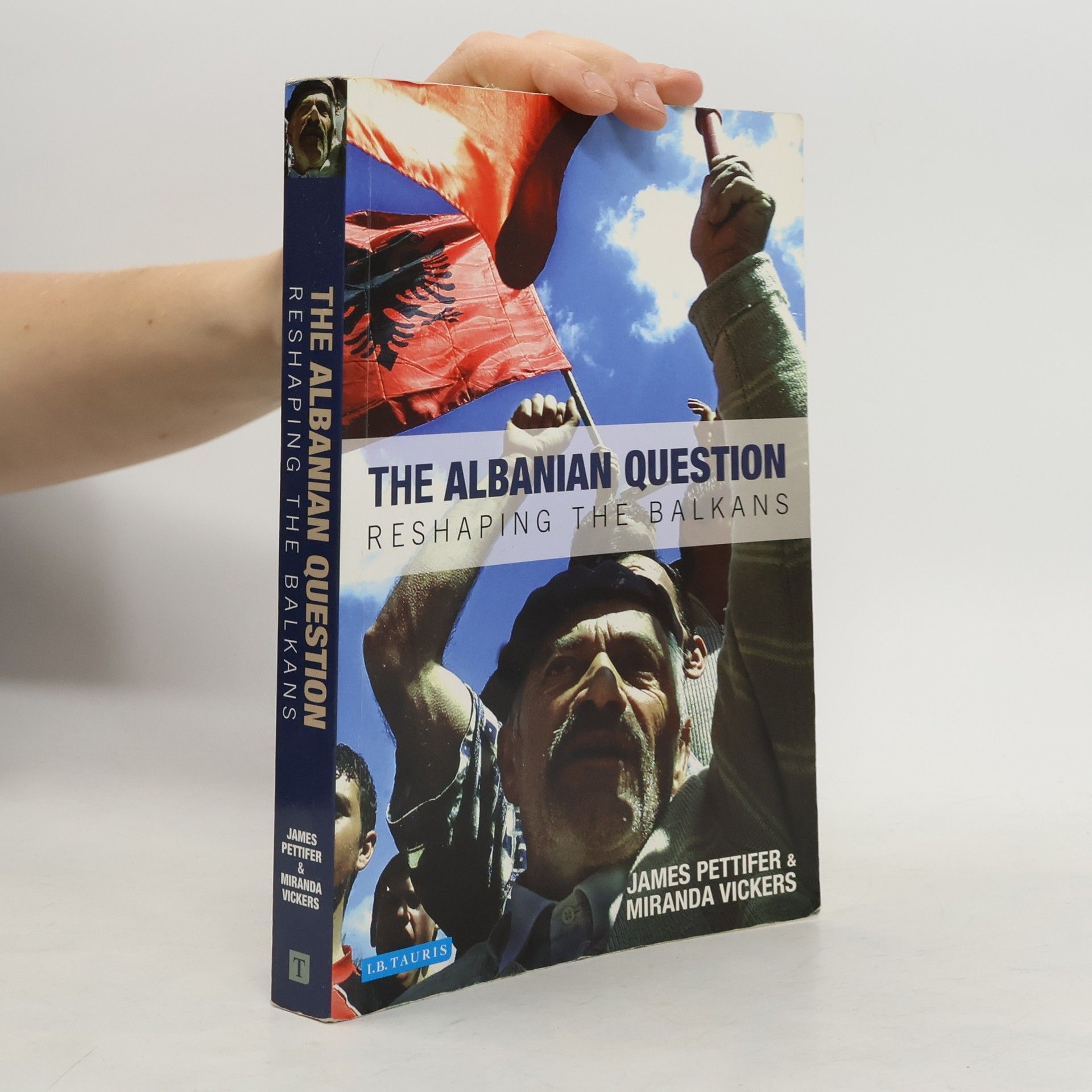Kosovo’s declaration of independence in 2008 -- and the overt manipulation of this precedent by Russia in its war with Georgia and South Ossetia shortly afterwards -- has focused the world’s attention once again on the Balkans. But Albania’s role within the region remains little known and less understood. In this revised edition of a major work of contemporary history, two well-known and internationally-respected authorities elucidate Albania's place in the Balkans, from the explosion of violence in the 1990s, which brought the country to the brink of civil war, to the present day. Since 1997, the Albanian region has been forced simultaneously to come to terms with the realities of a post-Communist world and the threat of Slobodan Milosevic’s ‘Greater Serbia’ project. Its people, the authors argue, are involved in the process of national self-emancipation: the re-establishment of free markets and ending of Communist border controls have renewed long dormant cultural and economic links between the Albanian people and the wider region. The future of the Albanians in the Balkans is the most pressing issue in the region today, a fact which the West must pay close heed to if this long neglected nation is to become a European partner. Indeed, the authors argue, in this rapidly evolving political climate, failure to come to terms with the importance of the Albanian question could return the region as a whole to armed conflict.
Miranda Vickers Boeken




In 1997 the previously little-known and isolated Balkan country of Albania exploded as the first armed uprising in mainland Europe since the 1920s brought the country to the brink of civil war. As the violence spread first to neighbouring Kosovo, then to south-east Serbia and finally to former Yugoslav Macedonia, the Albanian question increasingly took center stage in world affairs. This book examines Albania's place in the Balkans, a region which had been forced simultaneously to come to terms with the realities of a post-Communist world and the threat of Slobodan Milosevic's ""Greater Serbia"" project.
The Albanians. A Modern History
- 304bladzijden
- 11 uur lezen
This is the first full account of a country that, following decades of isolation, has undergone unprecedented changes to its political the collapse of communism, the progression to multi-party elections and the upheaval that followed the March 1997 uprising. Miranda Vickers traces the history of the Albanian people from the Ottoman period to the formation of the Albanian Communist Party. Newly revised for this paperback edition, The Albanians has now been updated to cover the crisis in Kosovo that led to the first ""Western"" war in Europe since 1945.
This history of the contradictory aims and interests of Kosova's two peoples, the serbs and the Albanians, focuses on the underlying social and cultural factors in the seemingly intractable conflict. The narrative ranges from the Battle of Korsova in 1389 to the present state of affairs.